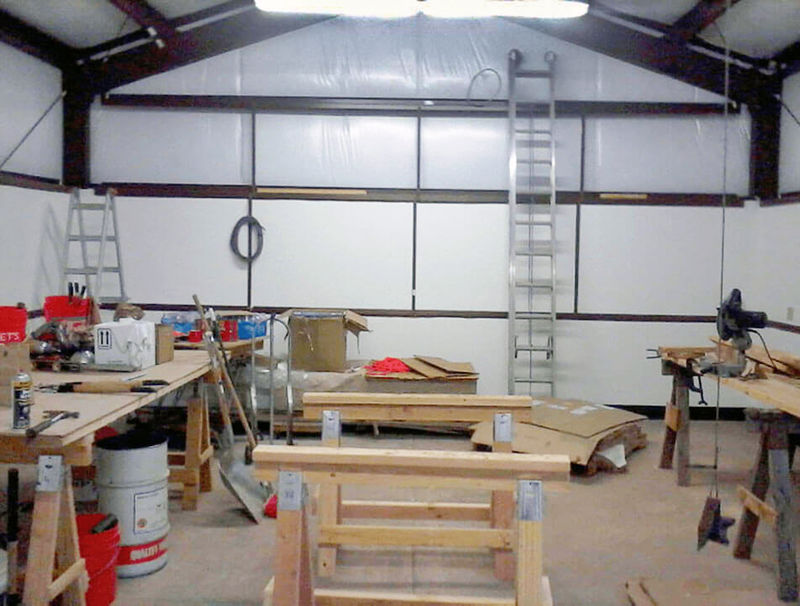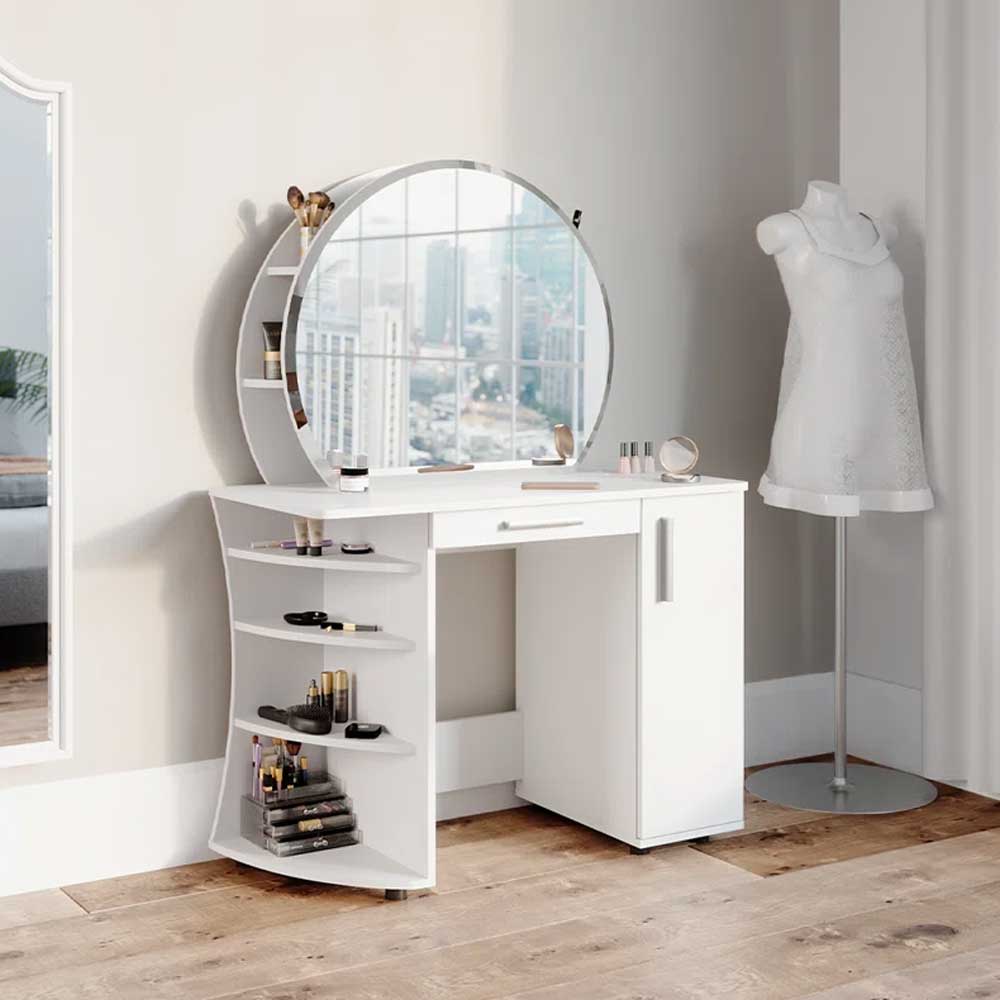Why Steel Buildings Make Great Workshops

A workshop can be used as a professional or personal space. If being used in a professional capacity, it may be your full-time workplace or used as a space to work on your side job. If being used in a personal capacity, it may contain your latest DIY project or as a place to store excess possessions that won’t fit in the attics or closets in the house. Whichever the case may be and however the space may be utilized, the type of material that your workshop is constructed from will have an impact on the longevity of its purpose. Stone, brick, wood, and steel all have pros and cons as building materials, but the latter has a leading edge. A building made of steel has a multitude of advantages for a long-term solution for your workshop. Here are the reasons why steel would be your best option.
Affordability
Let’s talk about affordability. Often, the first question we ask is, “How much is it going to cost?” The answer that we want to hear is “Not much.” Well, that’s rather relative, but in this case, steel is a very attractive building material option because of its low cost. Steel is made from recyclable materials, making it cheaper to manufacture and, therefore, cheaper to buy. Your wallet already feels lighter, and your workshop is one step closer to fruition.
Faster Construction Time
Due to steel being made from recyclable materials, it is mass produced. This, in turn, makes it easier to buy in bulk and quicker to show up on the job site ready to be put to use. Construction on your workshop can begin immediately without having to wait on materials or manpower. There isn’t a need for many tools at the construction site, making it a safer workspace, and the workers hired for your project are often skilled experts who have previously dealt with steel. If you want even faster results, buying a prefabricated steel workshop means build time is even less.
Versatility of Design and Space
Steel’s ability to be formed and molded as needed allows your workshop to be designed the way you envisioned it. Do you need an extra room that could be your office? Perhaps you need a loft area for storage space that is out of the way. Windows, doors, and ventilation systems can all be incorporated into your building’s design. Steel buildings also have the advantage of future expansion. Its lightweight properties allow for added floor space, another stairwell, an extra wall, or all of the above. Perhaps months, or even years later, you decide that you want to add on to your workshop, and steel can easily accommodate that modification.
Environmentally Friendly
Not only is steel manufactured from mostly recycled materials, but it is also sustainable due to its ability to be broken down and reused itself. This is an eco-friendly cycle of reusing materials over and over again, reducing what is thrown in landfills and scrap yards. Though the goal will be for your workshop to last forever, its long-term impact on the environment is positive if the workshop ever needs to be demolished or taken apart.
Fire-Resistant
Steel is fire-resistant; it is able to resist high temperatures before damaging the structural integrity of the building. This allows you time to put out the fire yourself, seek help, or usher everyone in the workshop to a safer location. It should be noted that steel can and should be fire-proofed to ensure even more resistance to possible fires; this process does add on to the cost of the material, but you can’t put a price tag on safety.
Durable
Your workshop needs to be able to withstand heavy traffic, whether that be feet or machinery, and dangerous weather conditions. Steel provides that assurance because of its impervious nature. It can withstand high winds, heavy rain and snow, and earth tremors. One of the downsides to steel is that it is susceptible to rust and corrosion; there is a specific steel called weathering steel that contains properties that protect it in rainy and salty climates. It should also be noted that steel is also able to endure impact from heavy objects, which is important when dealing with automobiles, farm equipment, and power tools. This makes sure your workshop can endure whatever it is used for.
Reliable and Tested
The most assuring aspect of using steel for your workshop is that the material must undergo testing to determine its safety when used in construction projects. Quality control technicians determine the tensile strength and load-bearing capabilities of steel ready to be put on the market. Tensile strength determines its ability to be flexed and pulled before breaking. This is important because it shows steel’s durability during hazardous conditions such as weather or heavily-operated machinery. Load-bearing capabilities means steel is able to support heavy objects before buckling and damage occurs. Steel being tried and tested before construction use is yet another checkmark toward its long-term reliability and safety.
Multiple Uses
Steel workshops can be used for a plethora of professional or personal uses. In terms of professional, auto garage and woodworking are two careers that come to mind. Personal use can vary from a photography lab to a crafting room to a garden shed to a storage space. The beauty of using steel for your workshop is that it has no constraints on what may be housed inside. This also allows for this space to be utilized in multiple ways or changed from one use to another.
Your career, side job, or hobby is ready for that extra secluded space that a great workshop can bring you. Steel has many advantages as a building material; it’s affordable, flexible, and is long-lasting, to name a few. A great workshop needs space, reliability, and room for future growth. Steel allows for all of this. Now that the question of why steel makes for a great building material has been answered, it is up to you to plan, design, and execute your workshop.
About the Author
Amanda Stockwell is a freelance writer, knowledgeable in many subjects, such as start-up businesses, specifically steel workshop buildings. She has an MFA from Stephens College, is a mother to two and wife to an Air Force pilot, and when she’s not writing and editing, she can be found reading or baking.












